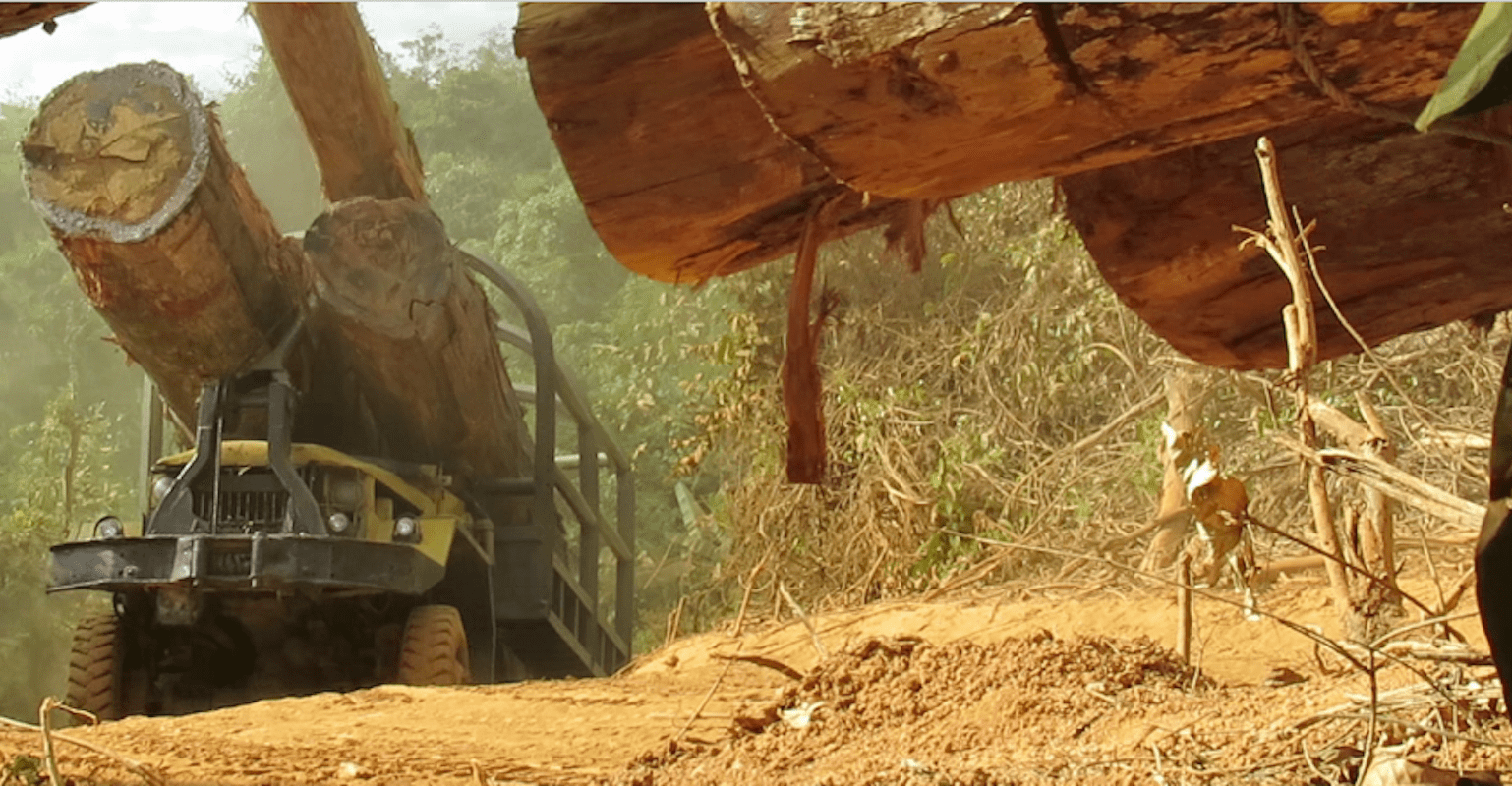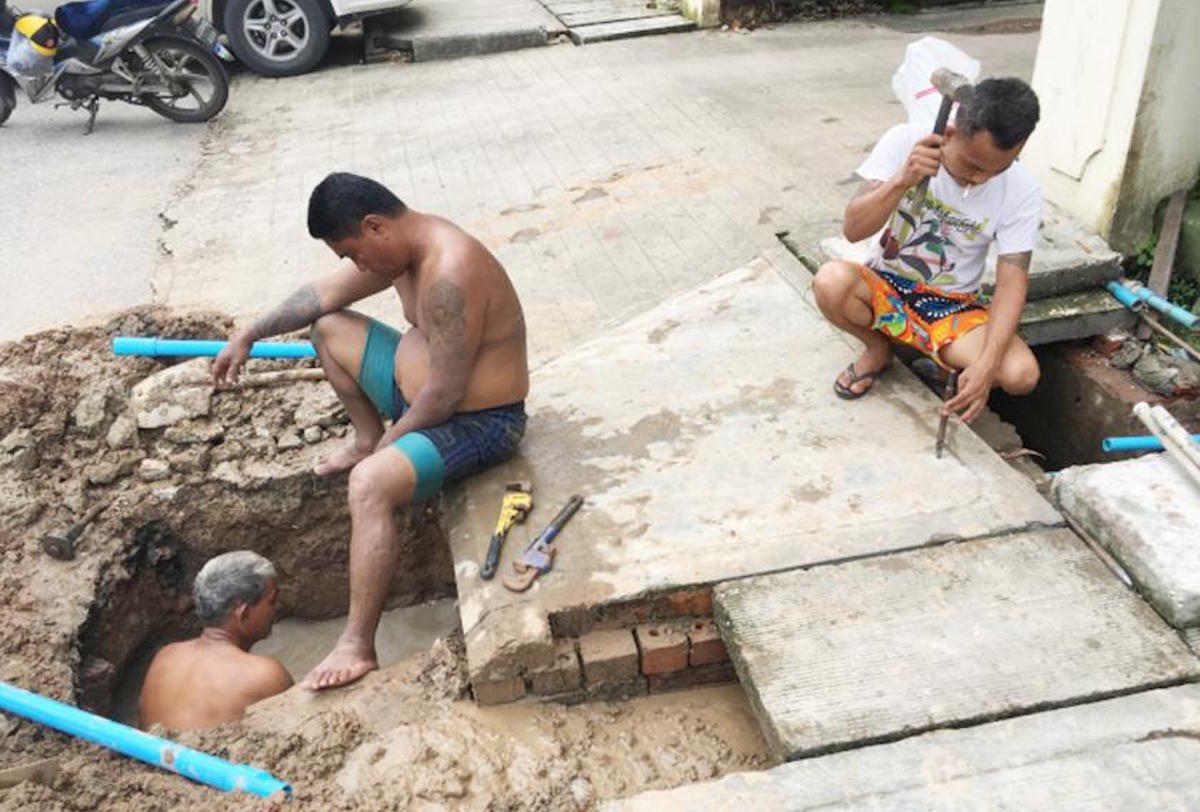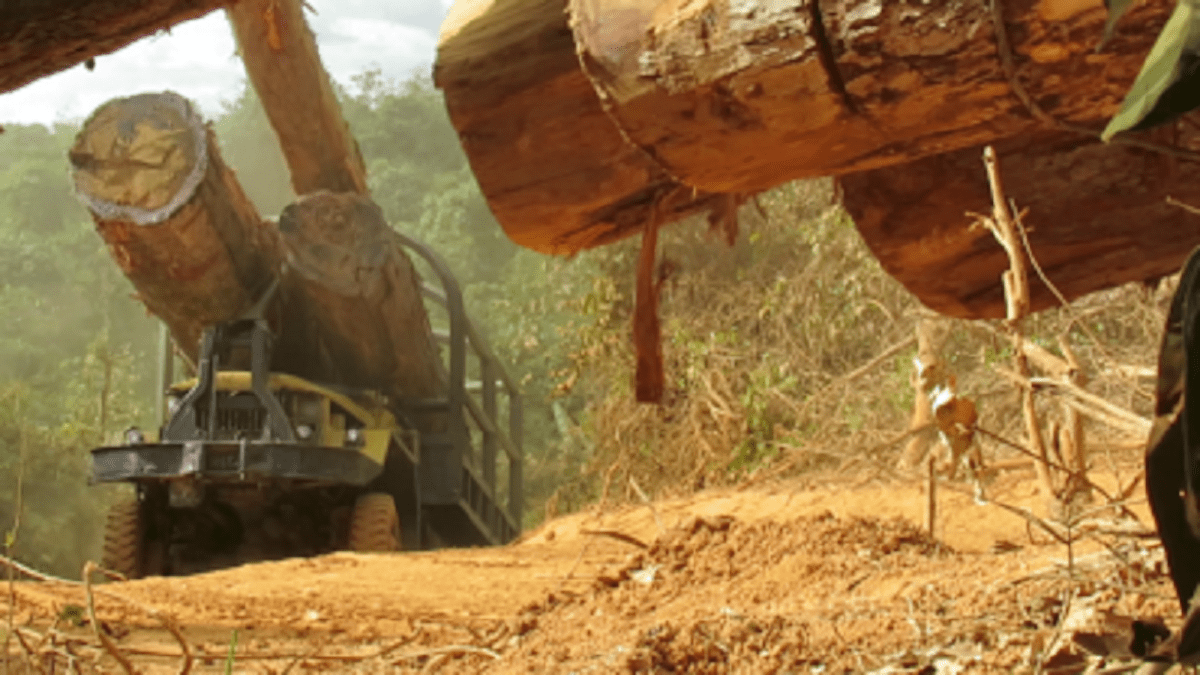The government has temporarily suspended the transport of timber and forest by-products harvested from the Lower Sesan II dam reservoir in Stung Treng province’s Sesan district until after the national election in July.
The Council of Ministers issued a letter to the Ministry of Environment on Tuesday saying that the government agreed to temporarily suspend the transport of timber and forest by-products cleared from Lower Sesan II dam reservoir until after the upcoming national nations.
Bun Uy, secretary of state with the Council of Ministers, said yesterday the ban was ordered after a suggestion from the Ministry of Environment, which had informed the government that the logging activity was having a detrimental impact on the environment.
“That area is a state economic land concession, and now the government has temporarily halted clearing and transporting forest products from the Sesan dam,” he said. “A further decision will be made after the national election,”
Men Kong, spokesman for Stung Treng Provincial Hall, said the Ang Association Company, part of the Royal Group, had been granted rights to collect timber and forest by-products when construction of the dam began in 2013 and has since nearly cleared all available stocks.
“Of course, the company named Ang Association received a licence to collect forest products since the dam construction began in 2013,” Mr Kong said. “They have nearly completed collection, but recently the Ministry of Environment suggested that they stop collecting products because the ministry studied its impact and if all forest products are completely cleared, it could affect the water quality at the bed of the Sesan reservoir and the dam.”
“So collection and clearing forest in those areas has to stop,” Mr Kong added.
Forest monitors had previously alleged that contracts to clear the reservoir zone, without clear demarcation, had led to large-scale deforestation of protected timber.
Last year, local residents called for the clear demarcation of the dam’s reservoir zone as loggers were indiscriminately clearing forests, far more than what was needed for the construction of the dam, they said.
The Cambodian Human Rights Task Force released a report on the issue in 2016, saying that the logging was suspiciously being carried out under armed guard.
Ministry of Environment spokesman Srun Darith said he had not yet seen the letter from the Council of Ministers and declined to comment.
China’s Lancang Hydropower International Energy has a 51 percent stake in the $816 million dam project, Cambodia’s Royal Group owns 39 percent and Vietnam’s EVN International owns 10 percent. It is scheduled to be completed in 2019.
When completed, it will generate 400 megawatts of power, which will supply Stung Treng, Kampong Cham, Kratie, Preah Vihear, and Ratanakkiri provinces with electricity, ending their dependence on electricity from Laos.
Eng Pyrung, director of the environment department in Stung Treng, said that once his department received directives from the Environment Ministry, it would instruct local authorities to carry out the orders.
“This is the decision from the Council of Ministers and once we get the order from the Ministry of Environment, we will implement it,” he said.
Om Ret, a representative of the Royal Group in Stung Treng, said the company had received the letter, but declined comment.
Seak Mekong, former chief of Sre Kor commune in Stung Treng from the dissolved CNRP, said that collecting forest products within the economic land concessions in the area should have been stopped much earlier.
“This makes me laugh,” he said. “Why is the government just now suspending clearing the forest? In fact, almost all of the forest products in the area have already been cleared.”





